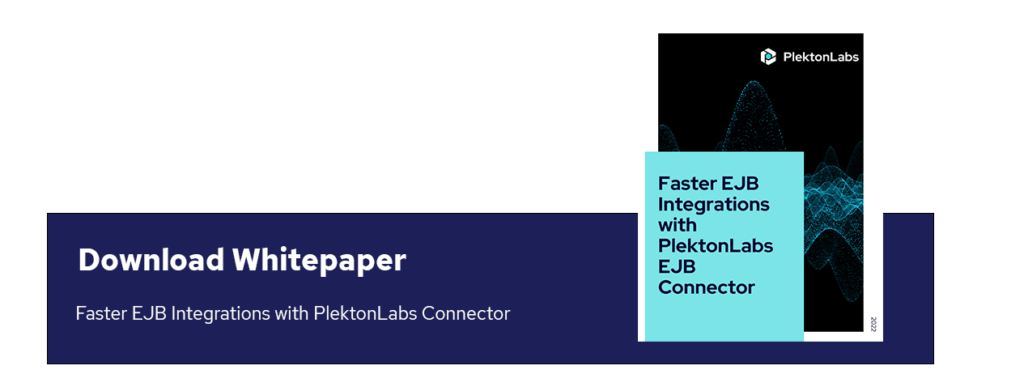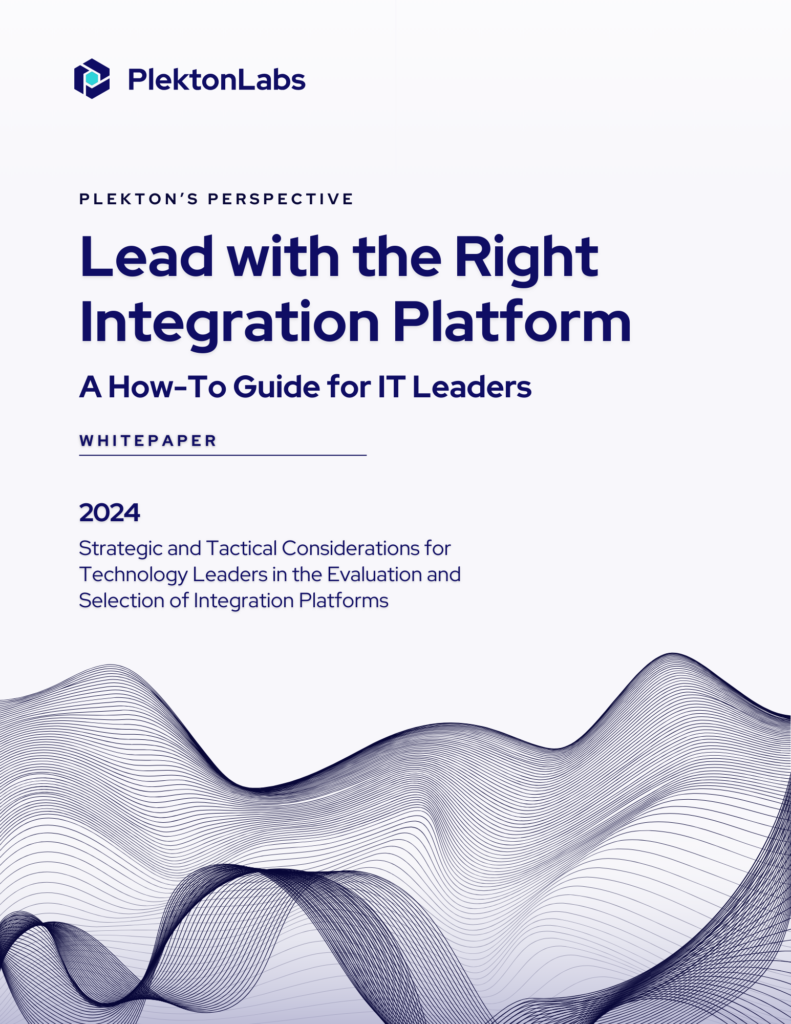Business organisations and business leaders often tend to overlook the importance of integration in their business prospects. Tech firms that provide business solutions often face hurdles explaining why a business should adopt a model encompassing integration strategies. The prime issue is that there are no readymade demonstrations regarding the benefits of business-wide integration. IT leaders cannot provide live demonstrations due to two key constraints –
- The results of the integration are obtained in the long run.
- The short-run changes are too marginal to assess effective changes in the organisational process.
So how do organisations go about conducting their business? The answer is an API based approach. Most of the strategic integrations are conducted through API based application designs correlated with specific tasks or cloud management procedures. But API itself is an independent application interface that can operate independently for business tasks. A comparative study on the digital transformation of business reveals that a staggering 80% of businesses and corporations choose to opt for API based solutions. It happens so because the results of the API approach are more direct and easier to visualize.
This has led to a pervasive trend of resorting to API dependent solutions as the final means of addressing business constraints. Businesses fail to realize that the API mechanism is only a part of the hosts of benefits offered by strategic integration. Whether it is an insight of the ongoing process or opportunities for new business innovations, having a strategic integration mechanism along with the API based process management would help businesses to better realize its goals and harness the full potential offered by the integrative approach.
But how to convince businesses to shift to strategic integration? Given that API solutions get the job done and a strategic integration would mean a complete overhaul of the organisational process along with added expense. IT leaders should focus on the strategic goals of each business to better communicate the necessity of strategic integration. Understanding the organisational goals would help IT leaders pitch what sort of benefits can be obtained from strategic integrations as well as reduction and automation of the existing organisational process. Some of the means include –
Aligning the organisational goal with the strategic integration
Every business and organisation has its achievable outlined in the form of strategic or organisational goals. These goals not only represent the organisation and its behaviour but also outlines the process it follows to achieve the micro goals. IT leaders should focus on aligning the strategic integration procedures to these micro-goals of the organisation. This would help the business to better understand what strategic integration can bring to the table. Effectively demonstrating the benefits of strategic integration in achieving organisational goals can be a key method to justify its adoption to the business process.
For example, we consider a company that specializes in retails. The company opted for an API based solution for its online platform and a different application for product sourcing. As a result, the company needs to manually transfer and interpret data from online orders to product sourcing for the orders. With strategic integration, total digital transformation is possible which would enable the organisation to digitize the manual process. A strategic integration would mean that a specialized integration strategy would exist in place to ensure that the orders get seamlessly interpreted for product sourcing.
Outlining additional benefits
Based on the organisational goals it is possible to outline a strategic integration system that would ensure organisational proficiency and accelerate growth prospects. However, convincing businesses based on organisational strategy might not be enough. The specialty of strategic integration is that its applicable field is unlimited. Every API system can be configured as per the requirement of the business or the process itself. As a result, modifications within the integrated systems would open new doors for innovation as well as gain an upper hand on the market competitors. The added benefits not only help to undermine the added cost, additional training, but also helps to effectively justify why a business should make the switch.
One of the effective approaches in this respect would be to quantify the benefits obtained from strategic integrations. Business heads often rely on quantifiable data to undertake decisions. Quantifying the benefits obtained and the efficiency gained from strategic integration can be an effective means to justify organisational integration.
Business wide integration strategy
Another key point to be noted is to ensure strategic integration is adopted across the business. We have already discussed the effects of having a standalone API system and the issues that come with it. If a business intends to fully realize the benefits achieved through integration, it needs to ensure that all of its functional heads are simultaneously connected to the system. The process and efficiency increase only when all the platforms share the same integration platform. However, most business heads would be skeptical of an enterprise-wide overhaul overnight as it also drives the risk high. In such situations, incremental integration plans can be put in place so that they get replaced incrementally based on the results of previous integration strategies.





